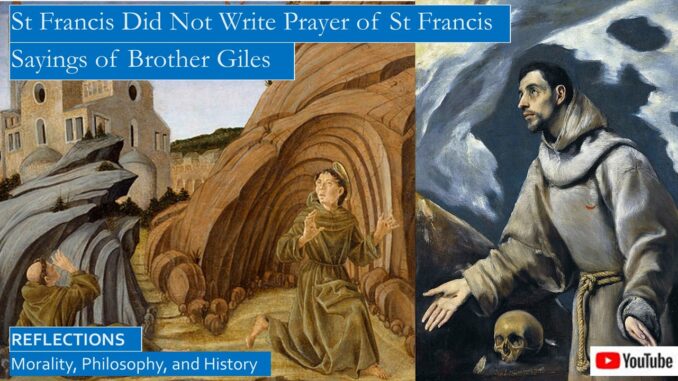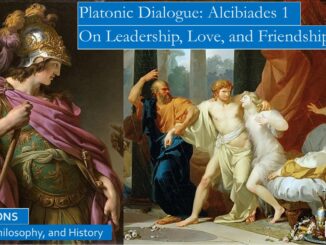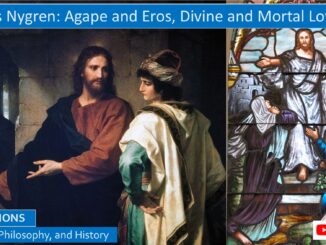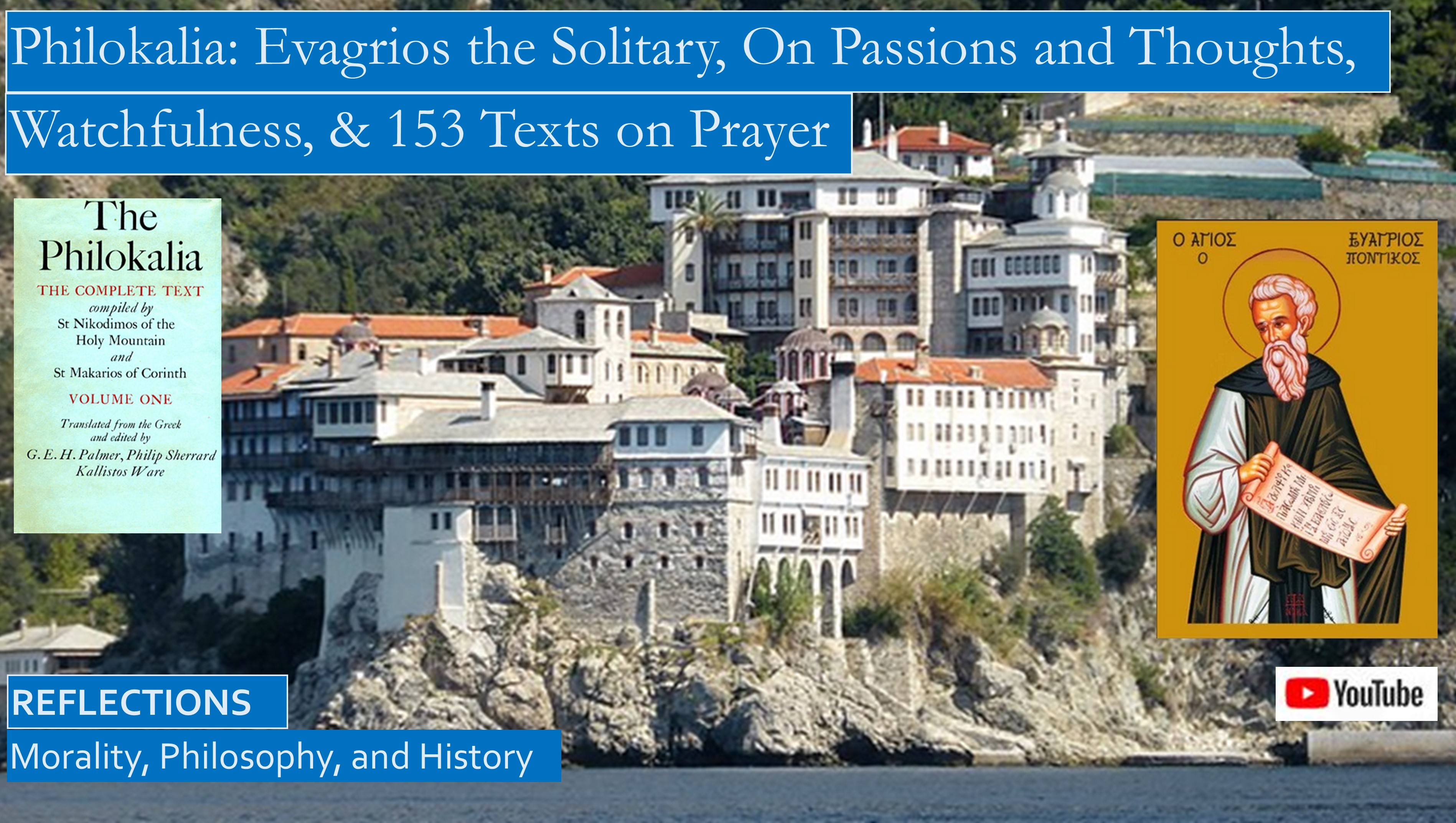
If St Francis did not write the Prayer of St Francis, who was the author?
What can we learn from this authorship?
How does the Catholic Prayer of St Francis compare to the foundational Orthodox Prayer of St Ephrem?
Could the Golden Sayings of Brother Giles have inspired the Prayer of St Francis?
What valuable wisdom can we glean in our reflections on the Golden Sayings of Brother Giles?
Powerpoint script, with Amazon book links:
https://www.slideshare.net/BruceStrom1/who-wrote-the-prayer-of-st-francis-golden-sayings-of-brother-giles
YouTube video for this blog: https://youtu.be/TJh72jknklE
PRAYER OF ST FRANCIS
The Prayer of St Francis has been an inspiration for many, Mother Theresa, Pope John Paul II, many political leaders, and even the Alcoholics Anonymous have repeated this prayer.
Some criticize this prayer as focusing on the ME in the first line of the prayer, saying this was out of character for St Francis, though I can’t see how asking God to improve yourself is somehow selfish. The prayer certainly does emphasize the troubadour element of St Francis when it sings, Let me bring joy into the world.
Prayer of St Francis
“Lord, make me an instrument of your peace.
Where there is hatred, let me bring love.
Where there is offense, let me bring pardon.
Where there is discord, let me bring union.
Where there is error, let me bring truth.
Where there is doubt, let me bring faith.
Where there is despair, let me bring hope.
Where there is darkness, let me bring your light.
Where there is sadness, let me bring joy.”
Prayer of St Francis, continued:
The closing stanzas are also mirrored:
“O Master, let me not seek as much
to be consoled as to console,
to be understood as to understand,
to be loved as to love,
for it is in giving that one receives,
it is in self-forgetting that one finds,
it is in pardoning that one is pardoned,
it is in dying that one is raised to eternal life.”
We can say definitely that this prayer was not actually written by St Francis, it first appeared in the December 1912 issue of the French Catholic publication, La Clochette. Quite likely it was penned by the founding editor, Father Esther Bouquerel. Around 1918, it was printed without attribution on the back side of a holy card with a painting of St Francis. Someone then reprinted it in an English translation in 1927, innocently misattributing it to St Francis. Archbishop Francis Spellman printed millions of copies of the prayer during World War II, and it was read into the Congressional Record.[1]
What can we learn from this? If this were an earlier work where we could not so easily track its provenance, it would certainly be difficult to prove it wasn’t written by St Francis simply by its contents.
When the Renaissance philologists were tracking down the ancient and Carolingian Greek and Latin manuscripts in the dusty shelves of monasteries, often these works did not have cover pages conveniently revealing the names of the work and its author. Through scholarly detective work through the centuries, starting with the able Renaissance scholars, we have been able to attribute these works with a high degree of accuracy, but the Prayer of St Francis misattribution suggests that, indeed, at least a few of the ancient works have also been misattributed.
One example is the Didache, it was considered lost until 1873, when a Greek manuscript was discovered. Once it was discovered, scholars realized that they had the work along, most of it had been reprinted in the Apostolic Constitutions, both of these works are included in the Pre-Nicene Church Fathers volumes.[2]
The Didache, Teachings of the Twelve Apostles
http://www.seekingvirtueandwisdom.com/didache-early-church-writing/
https://youtu.be/vcNK5_xpEh4
PRAYER OF ST EPHREM
How does the Catholic Prayer of St Francis compare to the Orthodox Prayer of St Ephrem? Of course, St Ephrem, since he lived during the fourth century, is considered a saint by both Catholics and Orthodox.
“O Lord and Master of my life,
take from me a spirit of despondency, sloth, love of money, and idle talk.
But give to me, your servant,
a spirit of sober-mindedness, humility, patience, and love.
Yes, O Lord and King,
grant me to see my own sins and not to judge my brother,
since you are blessed to the ages. Amen.”
St Ephrem is one of many Church Fathers who teach us that while we tend to excuse our own faults and are eager to judge our neighbor, that instead we should excuse the faults of our neighbor while being eager to judge ourselves, seeking pardon for our sins. The Prayer of St Francis likewise encourages us to be kind to our neighbors while being harsh towards our own faults.
ST FRANCIS: CANTICLE OF THE SUN
St Francis did leave some simple compositions, such as the Canticle of the Sun written when he was blinded shortly before his death. These are the opening stanzas:
“Most High, all powerful, good Lord,
Yours are the praises, the glory, the honor, and all blessing.
To You alone, Most High, do they belong,
and no man is worthy to mention Your name.
Be praised, my Lord, through all your creatures,
especially through my lord Brother Sun,
who brings the day; and you give light through him.
And he is beautiful and radiant in all his splendor!
Of you, Most High, he bears the likeness.”
St Francis then praises Sister Moon, Brother Wind, Sister Water, Brother Fire, and Mother Earth
This is a song of praise to God, a prayer that encourages us to be thankful for whatever we have received in this life, this is a very different prayer than the Prayer of St Francis.
St Francis closes with these stanzas, since he knows his days are numbered:
“Praised be You, my Lord, through those who give pardon for Your love,
and bear infirmity and tribulation.
Blessed are those who endure in peace
for by You, Most High, they shall be crowned.
Praised be You, my Lord, through our Sister Bodily Death,
from whom no living man can escape.
Woe to those who die in mortal sin.
Blessed are those who will find Your most holy will,
for the second death shall do them no harm.
Praise and bless my Lord, and give Him thanks
and serve Him with great humility.”[3]
St Francis also composed the Little Office of the Passion, meant to be sung during services.[4] Neither of these works bear a strong resemblance to the Prayer of St Francis.
GOLDEN SAYINGS OF BROTHER GILES
Dr Wikipedia does mention that the Prayer of St Francis bears a resemblance of many of the Golden Sayings of Brother Giles, one of the original followers who traveled with St Francis to ask for the blessing of their movement by Pope Innocent III. Although he was a simple farmer and never acquired a theological and classical education, his simple teachings and sayings inspired many, since he was so keen to repeat the teachings of St Francis.
Later reformers such as Martin Luther and Erasmus criticized the mendicant orders of monks like the Franciscans that often begged for their sustenance, but Brother Giles supported himself by manual labor and crafts whenever possible.[5] There is not a direct correspondence between these writings and the Prayer of St Francis, but some of his writings do have the same type of couplings.
Brother Giles’ Golden Sayings opens with:
“The graces of God and virtues are the ladder ascending into heaven;
but vices and sins are the way and the ladder descending into hell.
Vices and sins are poison, but good works are the antidotes.
Grace attracts grace, but vice leads to more vice.
The man of grace does not wish to be praised,
but the man of vice does not wish to be despised or reproved,
which proceeds from pride.”
These blessings by Brother Giles value giving over receiving:
“Blessed is he who loves, and does not desire to be loved;
Blessed is he who fears, and does not desire to be feared,”
This refers to our fear of God which is nearly synonymous with our Love of God.
“Blessed is he who serves and does not desire to be served.”[6]
OTHER GOLDEN SAYINGS OF BROTHER GILES
Brother Giles has some sayings about Love:
“To cultivate piety and kindness is a work fruitful above every other work.”
Whatever is without love and benevolence is not pleasing to God and His Saints.
By his own works a man is made poor, but by divine works he is made rich.
Therefore, a man must love divine things and despise his own.”[7]
Brother Giles also teaches us:
“Humility is like lighting. As the terrible flashes of lightning dissipate, so humility dissipates every evil, and is the foe of every sin, causing man to esteem himself as nothing.”[8]
As we note in our study of the early monastic writers, laymen cannot always follow the radical teachings applicable to monks in monasteries and religious orders, but we can still learn from teachings like this of Brother Giles:
Sayings of Brother Giles: “Do injury to no one; and if anyone does injury to you, bear it patiently for the Love of God and the remission of thy sins.”
Sometimes you have to defend your reputation against those who slander you and wish to deprive you of your ability to earn a living for your family, or to champion right causes in your community.
Brother Giles continues, “Blessed is he who remembers his own sin and the benefits of God, and who patiently bears every trial and tribulation, for he can hope for great consolation.”
“Try to be affable and virtuous and fight against vices and bear tribulations and shames with patience.”[9]
Brother Giles teaches us: “It is impossible for virtues to be acquired without solicitude and toil.”[10] We reflect often on how we must study how to live a godly life, that it just does not come naturally without reflection.
Brother Giles teaches us about penance: “A man must first be sorry for his sins, then confess uprightly, then perform humbly the penance imposed upon him, afterwards keep himself from all sin and every occasion of sin. Finally, he ought to strive to do good works.”[11]
“Sins are like burs which stick fast to the clothes and can only with difficulty be removed.”[12]
Brother Giles teaches us, “Prayer is the beginning and end of all good. Prayer illumines the soul, and by it all good and evil is known.”[13]
What are the graces and virtues acquired in prayer? Brother Giles teaches us that the graces and virtues experienced by those men who truly pray are many:
- “The man who prays is enlightened in mind and strengthened in faith.
- Man knows his own miseries,” perhaps he means that man becomes aware of his moral shortcomings.
- “Man is humiliated through holy fear, becoming despicable in his own eyes.” This is a constant refrain of monastics: that we are to judge ourselves but give our neighbor the benefit of the doubt, rather than the reverse, which comes more naturally to us.
- “Man is purified in conscience and confirmed in patience.
- Man is obedient with true discretion.
- The man who prays acquires understanding, wisdom, fortitude, and knowledge of God, the God who manifests Himself in spirit and in truth.”[14]
DISCUSSING THE SOURCES
The Sayings of Brother Giles is not as well-known as the early monastic writings such as the Philokalia and the Ladder of Divine Ascent, and though it discusses similar topics, it really pales in comparison to them. The Franciscan movement was anti-intellectual movement during the life of St Francis. Although Brother Giles does have some memorable quotes, much of his advice does not translate well to be usable for the laymen, or sometimes is just misleading. We can only wonder how much of a visionary Brother Giles would have become if St Francis had persuaded him to spend a few years studying at Paris or the other leading universities of Europe, broadening his horizons and intellect.
In the next generation, St Bonaventure was selected as the leader of the Franciscan Order. St Bonaventure had a distinguished education at the University of Paris, and published many scholastic writings, as well as The Life of St Francis, which we reflect on in a future video. Under Bonaventure, the Franciscans were primary influencers of Catholic education before the founding of the Jesuit Order.[15]
We encourage you to study St John Climacus classic, the Ladder of Divine Ascent, he touches on many of the same topics as Brother Giles, and he is one of the founders of the monastic tradition that spread from the deserts of Egypt to the monasteries of Europe. Since he was a seventh century monk, St John Climacus is both an Orthodox and Catholic saint.
https://seekingvirtueandwisdom.com/category/ladder-of-divine-ascent/
https://www.youtube.com/watch?v=Fco0W3bt5GA&list=PLJVlY2bjK8lhZS8nXEss3W6Arrm4At-OV
[1] https://en.wikipedia.org/wiki/Prayer_of_Saint_Francis
[2] https://en.wikipedia.org/wiki/Didache
[3] https://en.wikipedia.org/wiki/Canticle_of_the_Sun
[4] https://en.wikipedia.org/wiki/Little_Office_of_the_Passion
[5] https://en.wikipedia.org/wiki/Giles_of_Assisi and The Golden Sayings of the Blessed Brother Giles of Assisi, translated by Rev Fr Paschal Robinson, reproduction of 1906 Franciscan edition, Introduction.
[6] The Golden Sayings of the Blessed Brother Giles of Assisi, Chapter 1, pp. 4-5.
[7] The Golden Sayings of the Blessed Brother Giles of Assisi, Chapter 3, p. 10.
[8] The Golden Sayings of the Blessed Brother Giles of Assisi, Chapter 4, p. 14.
[9] The Golden Sayings of the Blessed Brother Giles of Assisi, Chapter 6, pp. 18-22.
[10] The Golden Sayings of the Blessed Brother Giles of Assisi, Chapter 7, p. 23.
[11] The Golden Sayings of the Blessed Brother Giles of Assisi, Chapter 9, p. 39.
[12] The Golden Sayings of the Blessed Brother Giles of Assisi, Appendix 1, p. 82.
[13] The Golden Sayings of the Blessed Brother Giles of Assisi, Chapter 12, p. 40.
[14] The Golden Sayings of the Blessed Brother Giles of Assisi, Chapter 24, pp. 71-72.




1 Trackback / Pingback